GW-501516, commonly known as Cardarine, is a peroxisome proliferator-activated receptor delta (PPAR-δ) agonist. While not classified as a SARM, Cardarine is often included in discussions around performance-enhancing compounds due to its impact on fat loss, endurance, and metabolic processes.
Key Features of GW-501516 (Cardarine):
- Fat Burning: Cardarine promotes fat oxidation and fat burning, making it popular among athletes and bodybuilders looking to improve body composition, particularly during cutting phases.
- Enhanced Endurance: It has a notable effect on endurance and stamina, often compared to performance-enhancing drugs like EPO (erythropoietin), though with a different mechanism of action.
- Improved Cardiovascular Health: Cardarine has been shown to enhance cardiovascular performance by increasing the body’s ability to use fatty acids as energy during exercise, which can reduce reliance on glycogen stores.
- Metabolic Benefits: By activating PPAR-δ, Cardarine improves lipid metabolism and glucose control, helping to increase energy expenditure and support fat loss.
Benefits of Cardarine (20mg dose):
- Fat Loss: Cardarine enhances the body’s ability to burn fat, making it especially effective during cutting phases. It helps increase the rate of fat oxidation while sparing muscle tissue.
- Improved Endurance and Stamina: Users often report improved endurance in aerobic activities, allowing them to train harder and for longer periods. It is popular among athletes and endurance athletes like runners, cyclists, and swimmers.
- Increased Energy: By improving the body’s ability to use fat for fuel, Cardarine can increase overall energy levels, potentially leading to improved workout performance.
- Muscle Sparing: Unlike many fat-burning compounds, Cardarine doesn’t lead to muscle loss, making it ideal for preserving lean mass while reducing fat.
Side Effects and Risks of GW-501516 (Cardarine):
While Cardarine offers benefits, there are potential risks and concerns, especially considering that it was originally withdrawn from clinical trials due to safety concerns. Here are the key side effects and risks associated with Cardarine:
- Cancer Risk (in Animal Studies): The primary safety concern surrounding Cardarine stems from animal studies where it was linked to an increased risk of cancer in rats, particularly liver and stomach cancers. However, these studies were conducted at very high doses, and the relevance of these findings to humans is still debated. The compound was discontinued in clinical trials due to these findings.
- Potential Liver Toxicity: Cardarine may put some stress on the liver, especially if used long-term. It is important to monitor liver function during usage.
- No Long-Term Human Studies: As Cardarine is not FDA-approved and has limited clinical research in humans, its long-term effects are not well-understood.
- Possible Impact on Cholesterol: There is a potential for Cardarine to affect lipid profiles, potentially lowering HDL (“good”) cholesterol and raising LDL (“bad”) cholesterol. Monitoring cholesterol levels is recommended during use.
Dosage and Usage:
- The typical dosage for Cardarine is 10-20 mg per day, with 20 mg being a common dose for most users seeking significant fat-burning and endurance benefits.
- Cardarine has a half-life of 16-24 hours, meaning it can be taken once per day, ideally in the morning to support all-day fat burning and endurance benefits.
- It is typically taken in cycles of 6-8 weeks, followed by a break to assess the body’s response and mitigate potential side effects.
PCT (Post-Cycle Therapy):
Cardarine is not suppressive to testosterone or other hormones, so it does not require post-cycle therapy (PCT). However, due to its impact on metabolic pathways and cardiovascular health, users should pay attention to any long-term changes in cholesterol levels or liver function.
Legal Status:
Cardarine is not approved by the FDA for human consumption, and its sale is restricted in many countries. It is typically marketed as a research chemical, and its use in bodybuilding and fitness is not regulated.
Conclusion:
Cardarine (GW-501516) is an effective compound for fat loss and endurance improvement, especially during cutting phases. While it offers several benefits, including enhanced fat oxidation and endurance, there are safety concerns to be aware of, particularly based on animal studies. The cancer risk in animal models and potential liver toxicity at higher doses are important considerations. Due to the limited long-term human studies, it’s important to use Cardarine cautiously, monitor health markers, and ideally cycle it in a controlled manner.
Are you considering using Cardarine for fat loss or improved endurance, or do you have any other questions about it?

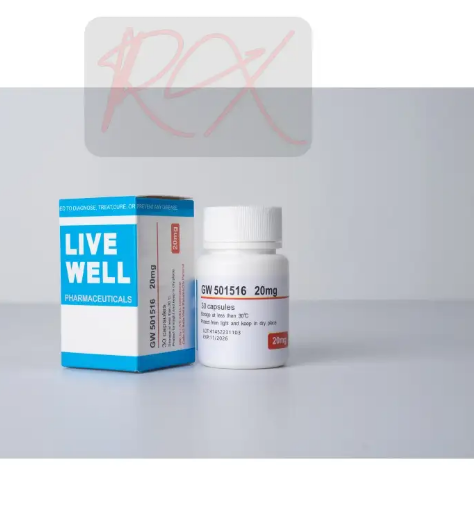
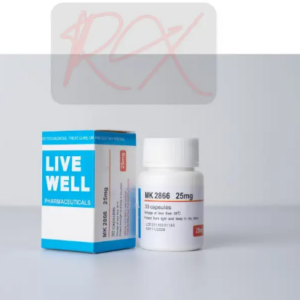
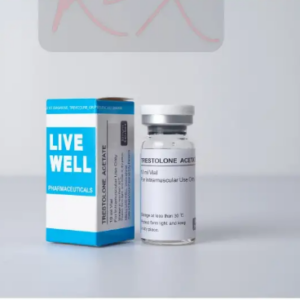
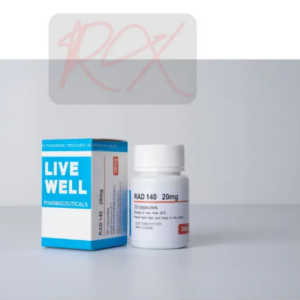
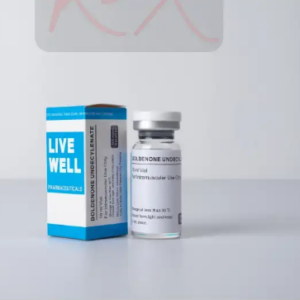
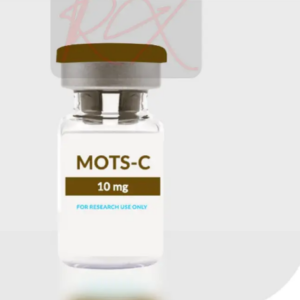
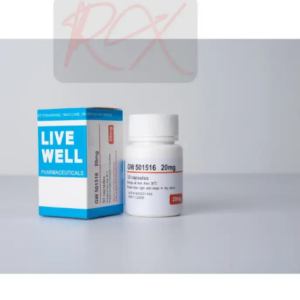
Reviews
There are no reviews yet.